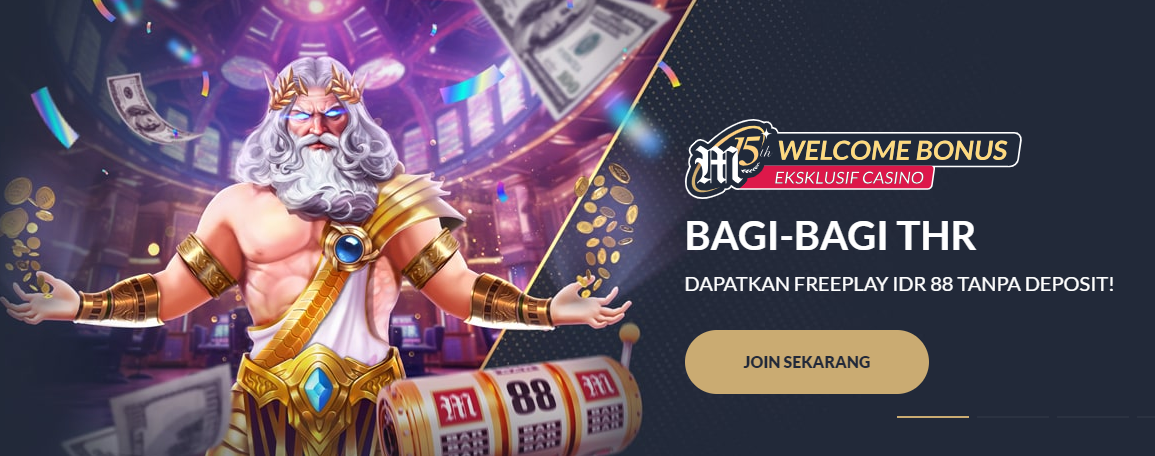Pemilik:
Mountain Breeze Limited
Lisensi:
PAGCOR
Tahun didirikan:
2003
Markas besar:
Philippines
Link M88 terbaru 2024:
Mansion88 – M88.com – M88 link – M88 Indonesia
Link login M88 Mansion:
M88 login – M88 login alternatif – M88 login mobile
M88 link alternatif tanpa blokir:
M88 asia, M88bet, M88 slot, M88 casino, M88 Sport,
Permainan judi:
Sports, E-Sports, Kasino, Slot, Poker, Sabung Ayam, Keno & Lotto
Sponsor dan mitra sebelumnya:
Tottenham Hotspur, Manchester City, Crystal Palace, Leicester City, AFC Bournemouth, Talon E-Sports
Sponsor dan mitra saat ini:
Mansion AG, BWF, La Liga, AC Milan
Duta Merek:
Manny Pacquiao (2022)
Cara Pembayaran:
Transfer Bank, Deposit Online, Mata Uang Crypto

